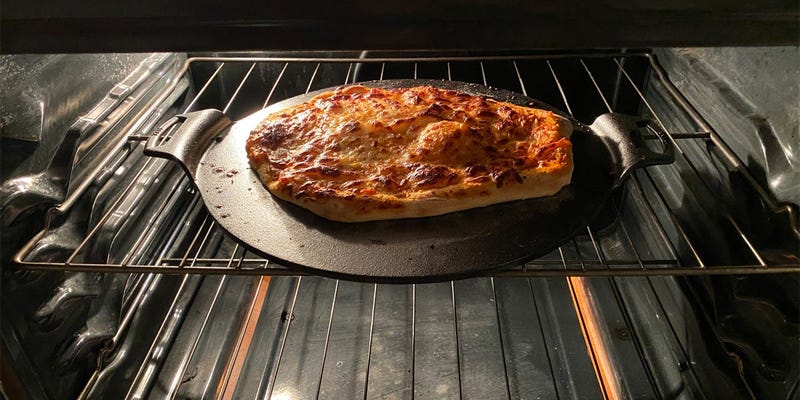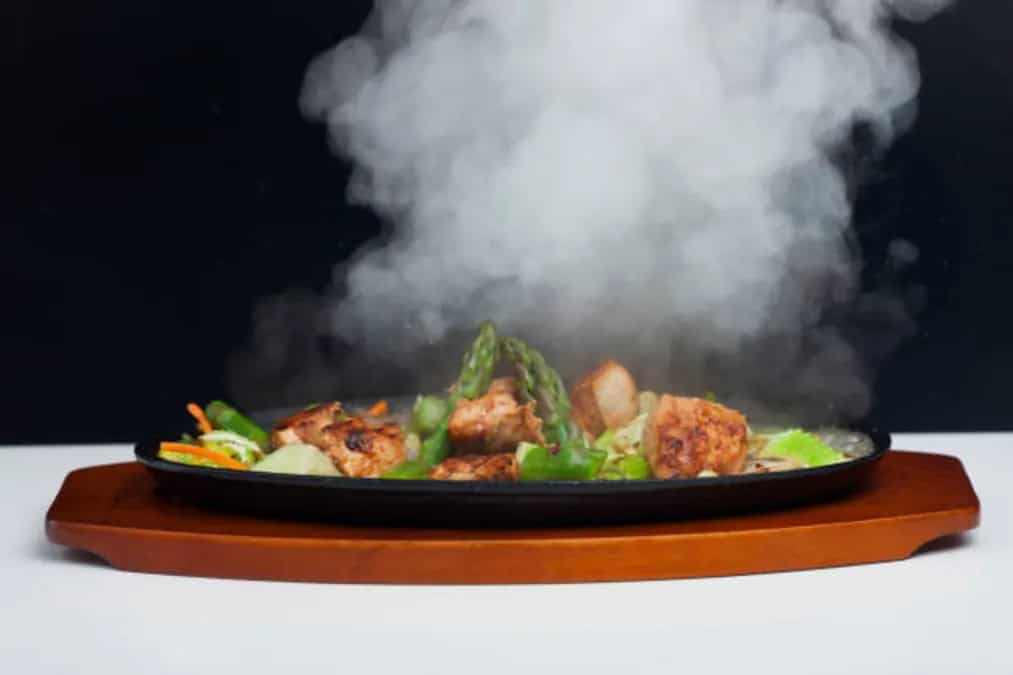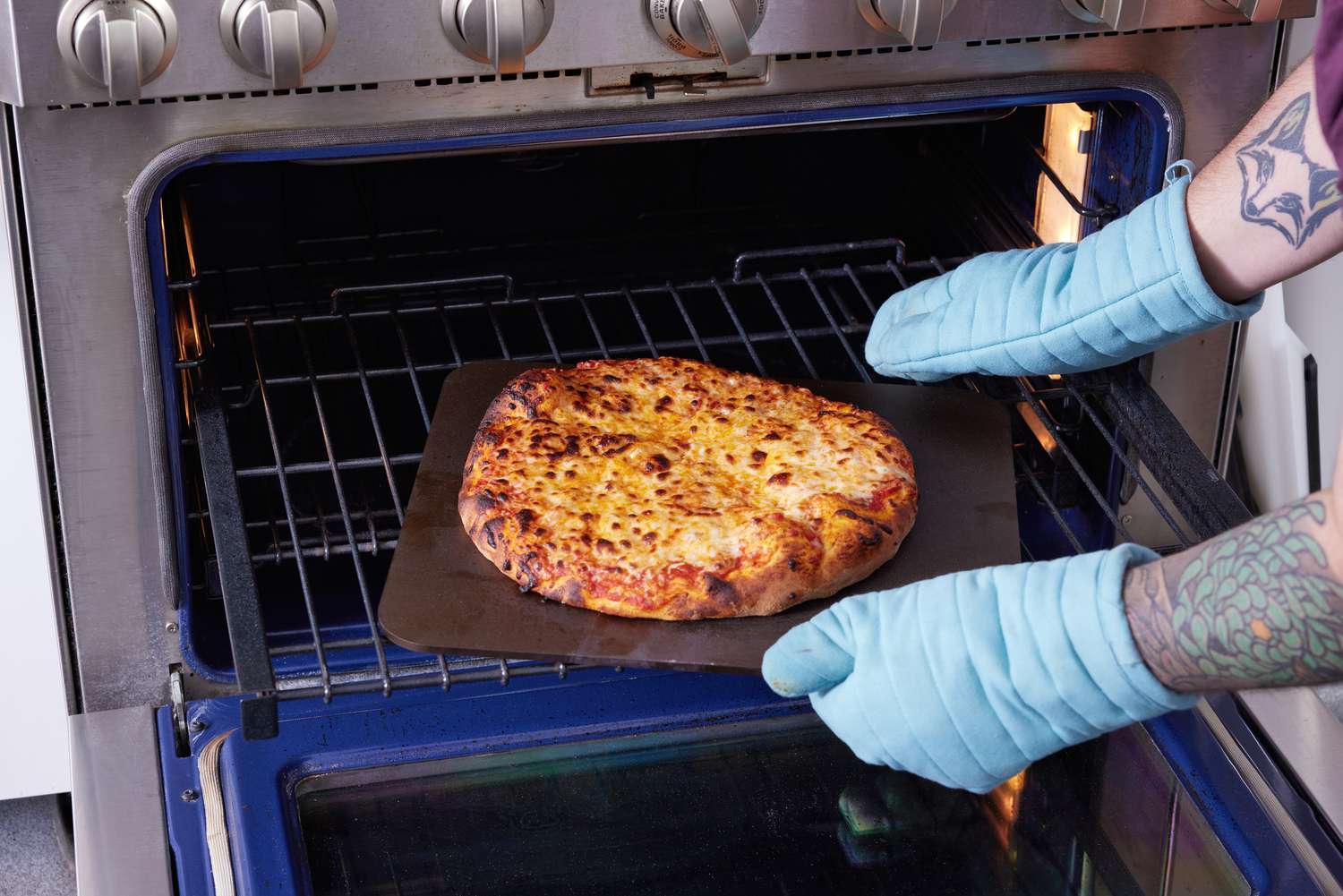For kitchen professionals, the choice of the perfect baking surface is a decision that bears on the quality of the culinary creations. Understanding baking stone materials is critical for anyone in pursuit of the perfect crust, crackling bread, or delectable pizzas. Making informed decisions will elevate your baking game, ensuring that each outcome is just right.

The Basics of Baking Stones
Baking stones, also known as pizza stones, are essential tools that simulate the conditions of a traditional stone oven. They are substantial, effectively holding and distributing heat evenly across the cooking surface. When selecting a stone, the importance of material cannot be overstated. As professionals striving for excellence, understanding the distinct properties of each material could mean the difference between a good bake and a great one.
Exploring Common Baking Stone Materials
The material of a baking stone is pivotal, affecting heat retention, stability, and the final product's texture. Heres a closer look at the most common materials available:
Cordierite
Cordierite stones are beloved for their durability and thermal shock resistance. Able to withstand high temperatures without cracking, they are ideal for professionals who switch between various oven temperatures frequently. For a deep dive and reviews of cast iron baking stones, visit our in-depth analysis.
Ceramic
Ceramic stones are an economical choice and widely accessible. They offer consistent heat distribution but demand careful handling due to their lower resistance to thermal shock compared to cordierite. To effectively use a ceramic stone, always preheat it gradually.
Biscotto
Flying under the radar for many, biscotto stones are the secret weapon for those perfect Neapolitan pizzas. Sourced from Italy, these stones are crafted from porous, natural clay that excels at absorbing moisture, resulting in a swift bake time and excellent crust texture.
Choosing the Right Stone for Professional Kitchens
The choice of stone depends heavily on its intended use. Considerations for kitchen professionals revolve around frequency of use, care required, and the specific culinary applications in mind.
For an all-in-one stone with adaptability, explore comprehensive guides on baking stones and discover unique insights into their use.
Maintenance and Care
Proper maintenance is crucial for prolonging the life of your stone. Most materials require cooling before cleaning and gentle scrubbing to avoid damage. In professional kitchens, maintaining a rotation of stones might enhance efficiency and prolong stone longevity.
Beyond Traditional Uses
Baking stones are not limited to bread making or pizza; they are versatile tools for the modern kitchen. Discover tips on using your baking stone for scoring meats, roasting vegetables, and even unconventional baking methods highlighted in our blog section.
For those who enjoy exploring the realms of uncharted culinary paths, these stones serve as the foundation for innovative cooking techniques, merging traditional methods with contemporary desires.

FAQ on Baking Stone Materials
What is the best material for a pizza stone?
It highly depends on your specific needs. For high heat and frequent use, cordierite or cast iron is recommended for their durability. In contrast, biscotto is optimal for specialized pizzas like Neapolitan.
Can baking stones be used in any oven?
Most baking stones, especially those crafted from cordierite or fireclay, can be used in regular ovens. However, it's crucial to ensure they sit on a stable, heat-resistant surface, and that they do not crack with quick temperature changes.
How do I clean my baking stone?
Allow the stone to cool before cleaning. Avoid soap, as it can be absorbed into the porous materials. Gently scrape off food residues and wipe with warm water. For further guidelines, visit our piece on cleaning grilling tools and similar items.
This article contains affiliate links. We may earn a commission at no extra cost to you.






Leave a comment
This site is protected by hCaptcha and the hCaptcha Privacy Policy and Terms of Service apply.